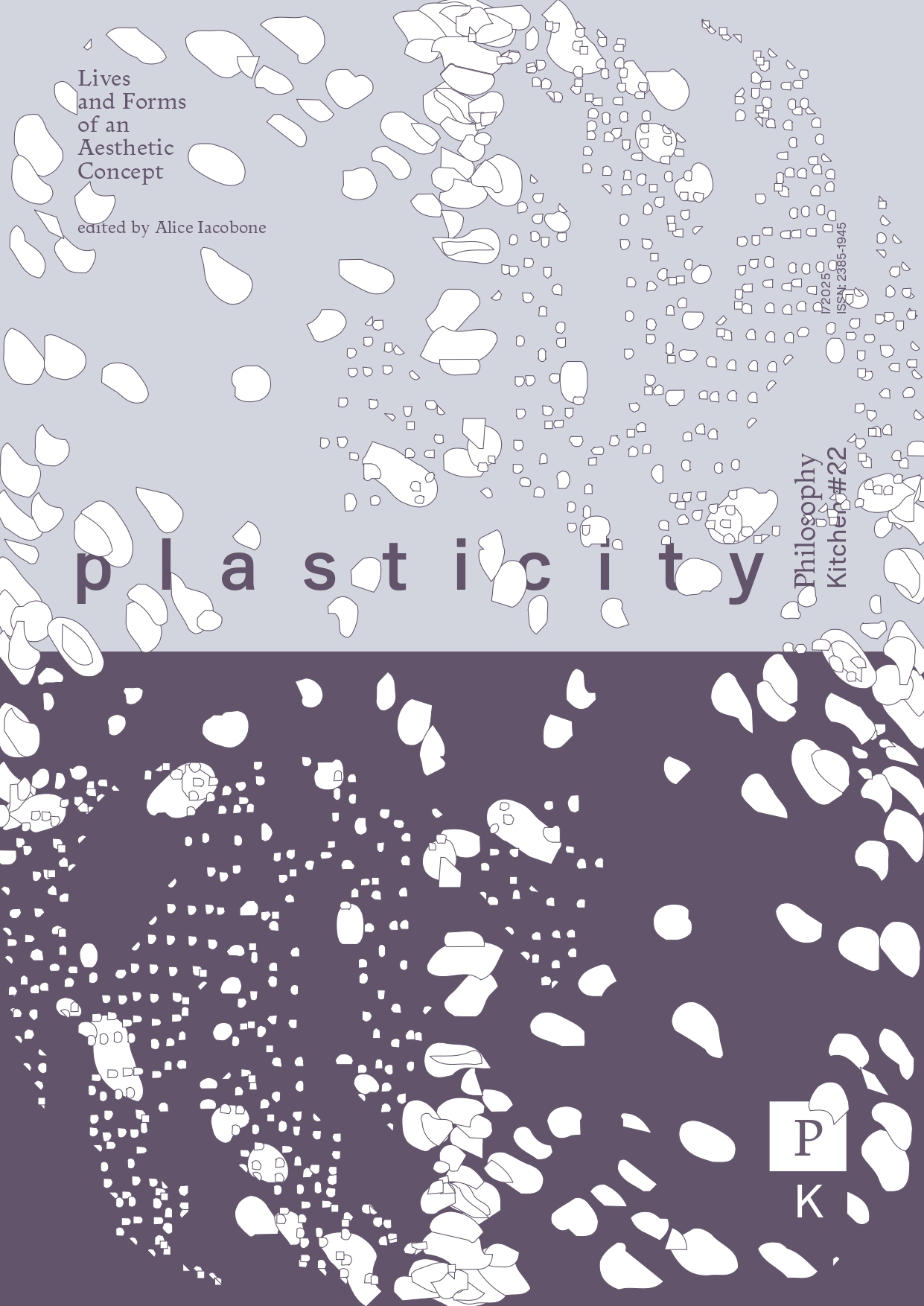Revenge, Plasticity and Imagination
DOI:
https://doi.org/10.13135/2385-1945/12032Abstract
This paper investigates revenge through the interplay of plasticity and imagination. Drawing on C. Malabou’s theory, plasticity encapsulates the capacity to receive and bestow form, emphasizing the dual forces of creation and destruction in transformation. This suggests that revenge, often seen as a fixation on the past, can be countered by Nietzsche’s concept of active forgetting as a strategy to break cycles of repetition. As a result, Malabou’s plasticity aligns with G. Simondon’s idea of imagination’s transitional potential, challenging postmodern skepticism about facts by viewing their ontology through imagination’s transformative work. To explore these considerations, I juxtapose John Wojtowicz’s bank robbery and its cinematic adaptation, Dog Day Afternoon, with Vladimir Putin’s historical manipulations, framing both as efforts to reconstitute true events. This study examines how cultural industries and historical manipulations trap narratives in cycles of schematism. Additionally, I propose my sound work, blending historiography and autobiography to uncover overlooked aspects of history, such as the role of women. Finally, the investigation of revenge through plasticity and imagination, along with the exemplary studies, suggests that imagination can serve as a tool for justice, moving beyond revenge toward creative transformation.






